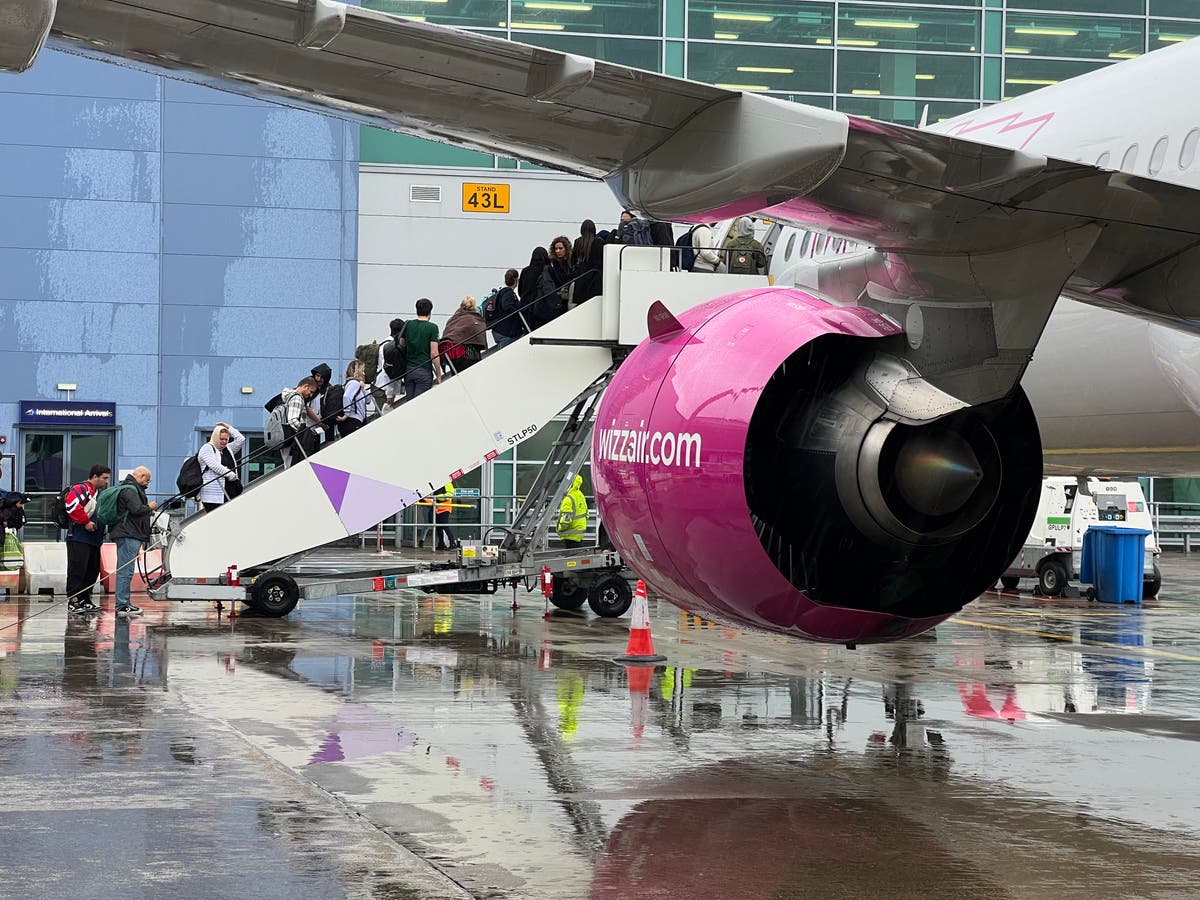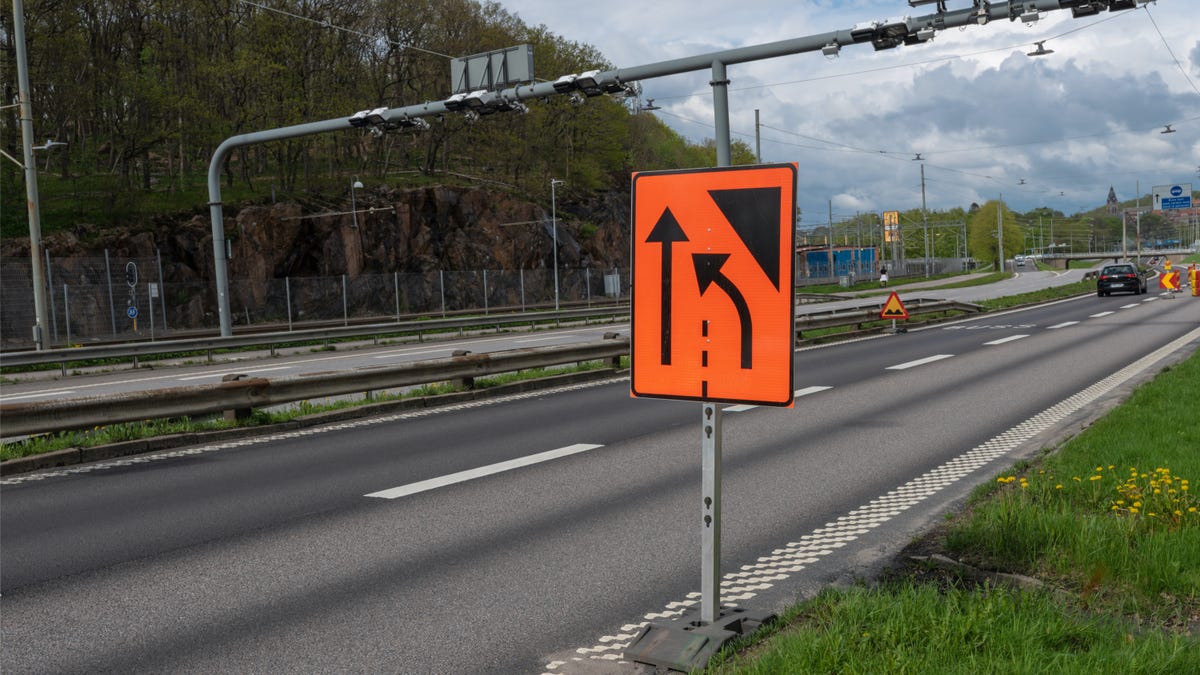Airline boss welcomes 200th plane – but predicts more air-traffic control delays in Europe this summer
‘We know for sure that in July and August, we will be accumulating delays’ – Marion Geoffroy, UK managing director, Wizz Air


Sign up to Simon Calder’s free travel email for expert advice and money-saving discounts
Get Simon Calder’s Travel email
Airline passengers in Europe face another summer of air-traffic control delays, a leading budget airline boss has warned.
Marion Geoffroy, UK managing director for Wizz Air, told The Independent’s daily travel podcast that delays caused by air-traffic control “would not be remedied” in summer 2024.
During the summer of 2023, airlines and their passengers faced frequent delays across Europe due to pressure on air-traffic control.
Shortages of controllers were exacerbated by closures of airspace over Ukraine.
“We know for sure that in July and August, we will be accumulating delays,” said Ms Geoffroy. But, she said, “buffers in the schedule” would allow the operation to stay on track.
In the summer of 2023, airlines blamed air-traffic control limitations for many cancellations – including easyJet grounding the same flight on successive nights.
Summer 2024 will see an increase in traffic of at least five per cent, according to the pan-European air-traffic coordinator, Eurocontrol.
Pressure will increase due to extra flights to and from Germany for the Euro 2024 football championships in June and July, and serving Paris for the Olympics shortly afterwards.
Eurocontrol has set out five priorities for the summer:
A spokesperson for Eurocontrol said: “Overall, we are seeing strong support from the entire aviation industry for this strategy and we are confident that this combined effort will pay off.”
The Wizz Air UK managing director was speaking as the latest Airbus A321neo aircraft joined the group’s fleet. The £100m aircraft, seating 239 passengers, will be based at Luton airport, Wizz Air’s main UK hub.
The arrival reduces the average age of Wizz Air’s UK fleet from 2.07 years to 1.97 years – claimed to be the youngest in Europe. The A321neo is claimed to offer a 20 per cent reduction in fuel consumption and carbon emissions, and close to half the noise compared with older planes.
Ms Geoffroy said: “Awareness of environmental footprint is important. I’ve been talking to younger generations to understand their travel habits. They want to see the world. They will look at price, but they will also be looking at the environmental footprint because they don’t want to limit themselves. They want to see the world.
“That resonates with what we can offer: price and sustainability.”
Wizz Air has more than 300 A321neo aircraft on order.

 ShanonG
ShanonG 































